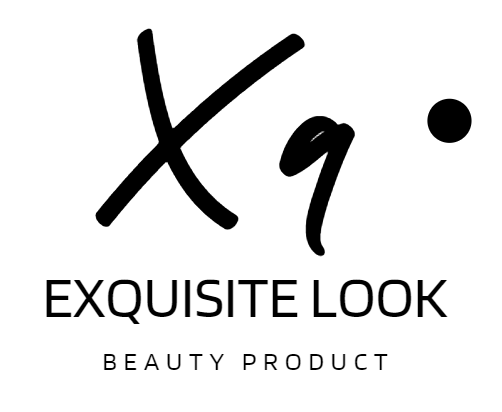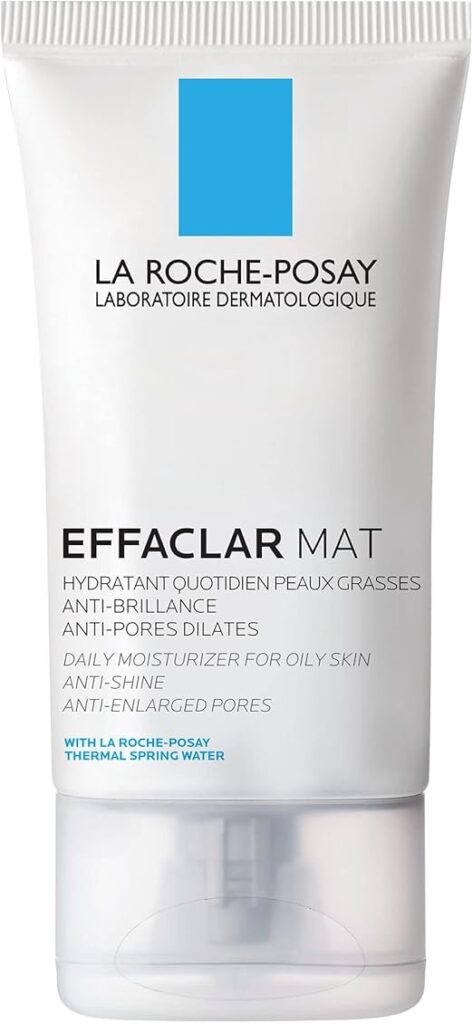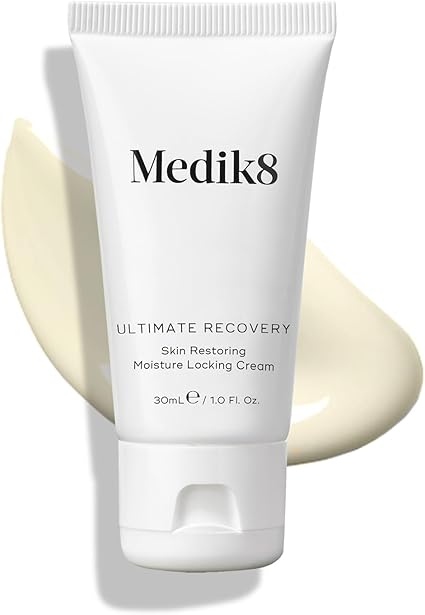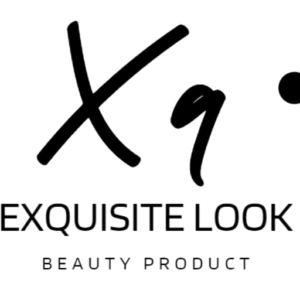Moisturisers are a staple in every skincare routine, providing essential hydration to keep your skin healthy, supple, and glowing. With countless options available, finding the best moisturiser can feel overwhelming. This guide will help you navigate the sea of choices to find the perfect fit for your skin type and concerns.
How to know which skin type you have
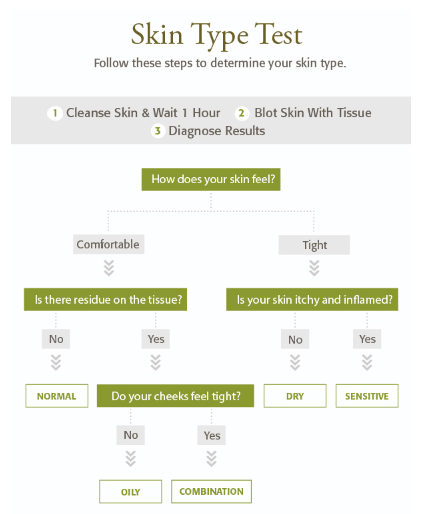
This tests can be performed at home. It allows you to understand which skin type you have by observing how it behaves after cleansing.
Start with washing your face with a gentle cleanser and then pat it dry – pat it, do not rub your face.
After 30 minutes watch and feel your skin. If it appears shiny throughout and feels greasy, you have oily skin. If it feels tight and is flaky or scaly, you have dry skin. If the shine is only in specific areas of your face like the T-zone (forehead, nose, and chin) and the other areas that appear normal or tight, you have combination skin. And if it feels hydrated but not greasy and has a natural shine, you have normal skin.
Understanding Skin Type Characteristics
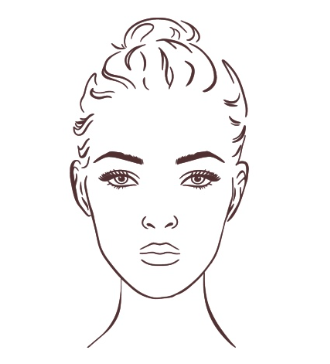
Normal Skin type
It is called eudermic, meaning well-balanced, neither too oily nor too dry. Normal skin tends to have balanced pH levels and sebum production. Normal skin is characterized by a smooth texture, fine pores, and few or no breakouts.
- Stay hydrated
- Wear sunscreen, oil-free so it doesn’t clog pores
- Do not forget to remove make-up before sleeping
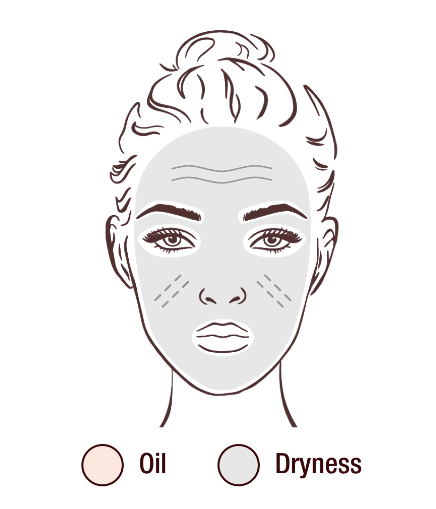
Dry Skin type
A lack of moisture in the skin leads to a flaky and rough appearance. Characteristics of dry skin include rough and flaky skin, uneven skin texture, itching, and a tight feeling.
- Drink lots of water and moisturize the skin regularly
- Use sunscreen to prevent it from getting dehydrated
- Don’t spend too much time in the shower
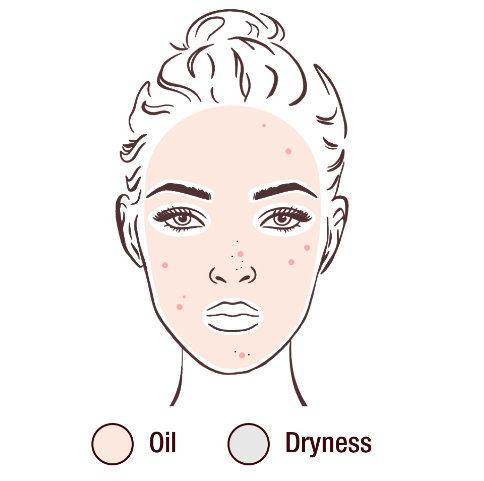
Dry Skin type
Our body produces natural oils to keep the skin moisturized, but when this system goes into overdrive, it can result in a greasy film on the skin, especially if you have large pores that produce excess sebum. Characteristics of this condition include a greasy appearance, open and large pores, and a tendency to be prone to breakouts.
- Moisturize regularly: water and oil are different, keeping the skin hydrated will prevent the excess production of sebum.
- Wash your face twice a day.
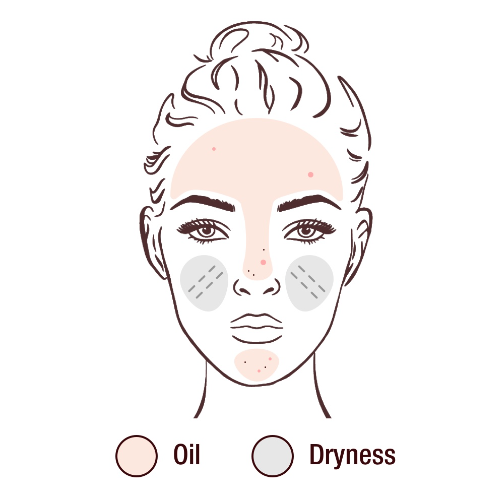
Combination Skin Type
Combination skin tends to exhibit two different skin types across the face: normal to dry around the cheeks and chin, and oily and blemished around the T-zone (forehead, nose, and chin). Characteristics of combination skin include sensitive cheeks and breakouts that are typically confined to the forehead, chin, and nose.
- Use gentler cleansers
- Exfoliate gently and once in a while
- Wear sunscreen: choose an oil-free one
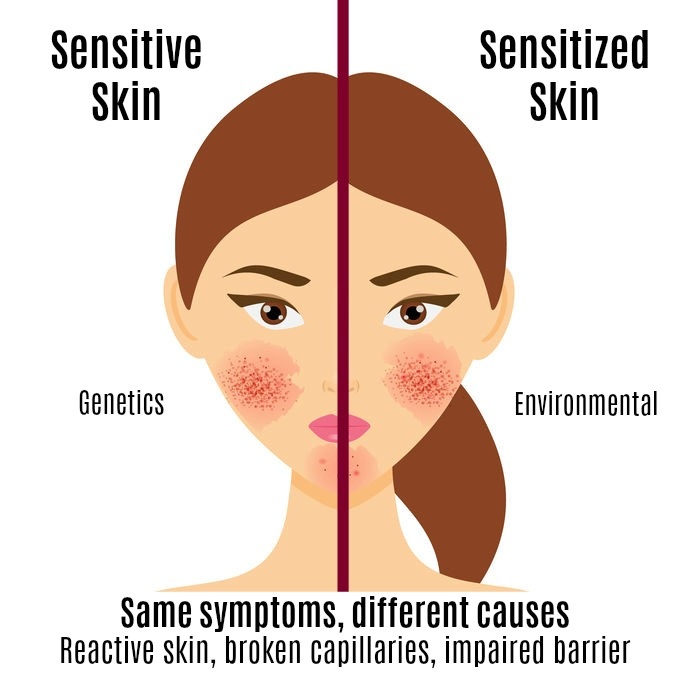
Sensitive skin
Sensitive skin reacts to external influences such as stress, UV light, pollution, and certain materials and ingredients in products. Therefore, sensitive skin requires special care to calm and strengthen its barriers. Characteristics of sensitive skin include reacting to skincare products, becoming red after a hot water bath, and feeling.
- Do not overdo with skincare: Use mild products and do not apply to many at one time.
- Conduct a patch test before use
- Read for ingredients and labels.
Our Recommendations for Sunscreen
Mineral Sunscreen: Understanding and Choosing the Right mineral sunscreen
Best SPF 50 sunscreen: SPF 50 Sunscreen: The Ultimate Guide to Skin Protection
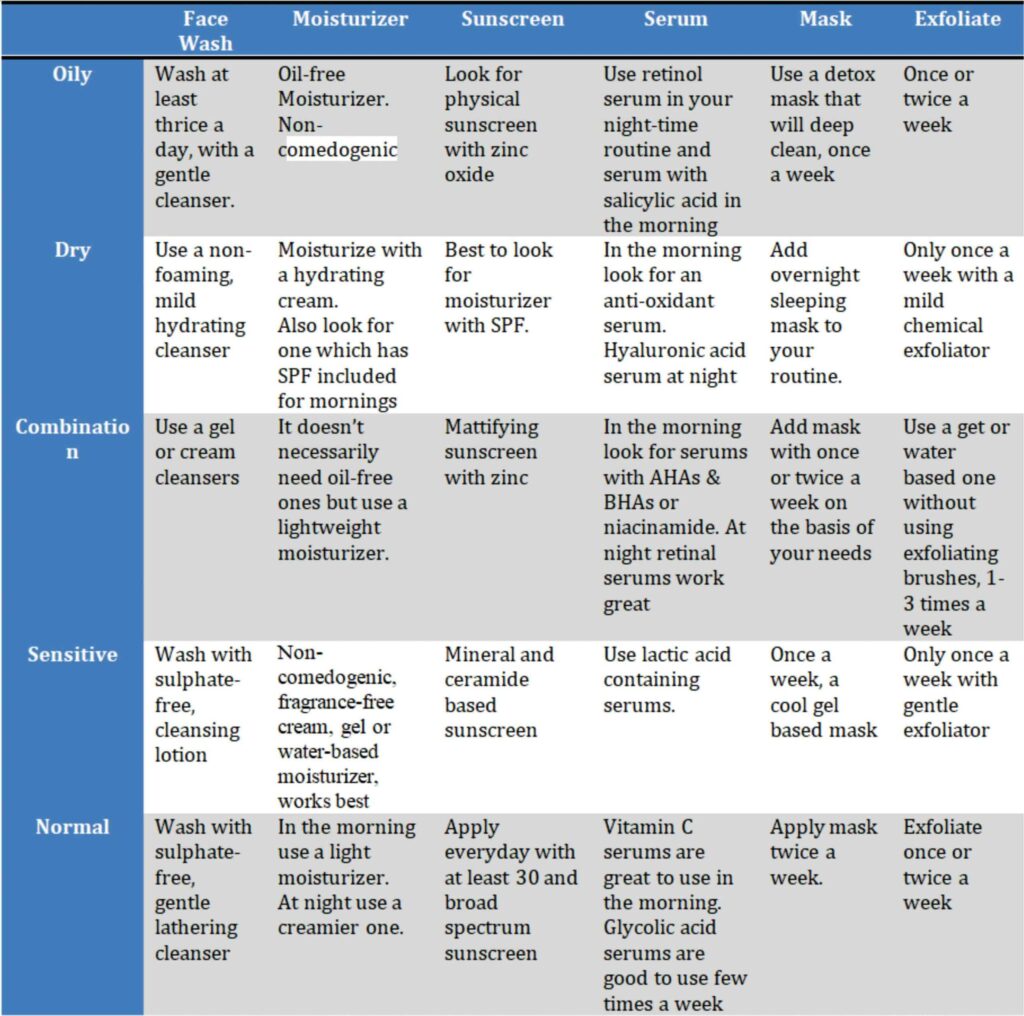
Key Ingredients of the Best Moisturiser
Regardless of your skin type, some ingredients are universally beneficial. Here are some key ingredients to look for:
Hyaluronic acid is a powerful humectant that can hold up to 1000 times its weight in water, helping the skin retain moisture and maintain its elasticity. It also reduces the appearance of fine lines and wrinkles, making the skin look smoother and younger. For these reasons, it is considered one of the best moisturisers available for achieving a youthful and hydrated complexion.
Glycerin is a natural moisturiser that attracts water and locks it into the skin. It not only provides deep hydration but also strengthens the skin barrier, preventing moisture loss and keeping the skin soft and smooth. Due to these benefits, glycerin is often regarded as one of the best moisturisers for maintaining healthy and supple skin.
Ceramides are lipids naturally found in the skin that help repair and maintain the skin barrier, preventing moisture loss. They also protect the skin from external irritants and pollutants, making the skin healthier and more resilient. Because of these properties, ceramides are considered one of the best moisturising ingredients for achieving and maintaining optimal skin health.
Antioxidants, such as vitamins C and E, neutralize free radicals and protect the skin from environmental damage, reducing the formation of dark spots and fine lines. Vitamin C also promotes collagen production, making the skin firmer and more elastic. Due to these benefits, products containing antioxidants are often hailed as some of the best moisturisers for maintaining a youthful and radiant complexion.
Peptides are small molecules made up of amino acids that promote skin repair and collagen production. They help improve skin elasticity and firmness, reduce the appearance of wrinkles and fine lines, and make the skin smoother and more youthful. Owing to these benefits, peptides are considered key ingredients in some of the best moisturisers for achieving a youthful and revitalized complexion.
Our Recommendations for Moistuiser
Best Moisturiser for Asian Skin in the UK: The essential and affordable moisturiser for Asian Skin in the UK
Travel-Friendly Moisturisers and Other Skincare Products: Vacation funny travel memes: skincare for easy travels
Moisturiser Travel Minis: Travel minis: Essential skincare products for every journey
Best Moisturiser Product Recommendations
Key ingredients: glycerin, salicylic acid, soothing licorice extract, and skin-softening dimethicone
Benefits: actively targets blemishes and acne, reduces redness and moisturises while regulating sebum
Mattifying without being drying, this a great pick for those prone to shine. The salicylic acid has a comedolytic effect (which means it breaks down and prevents new comedones from forming) so if your oily skin tends to get breakouts and blackheads, this is the moisturiser for you. With glycerin to hydrate the skin and licorice to calm redness, it’s also an excellent choice for comforting sensitised acneic skin.
Key ingredients: glycerin, mattifying perlite, sebum-controlling Sebulyse
Benefits: moisturises and exfoliates clogged pores with a non-comedogenic formula
To moisturise skin while tackling excessive shine, La Roche Posay’s formula contains Perlite – a mineral from volcanic rock that effectively absorbs oil. Also in the mix is thermal spring water to calm irritation, glycerin to draw in moisture and Sebulyse to regulate sebum production. Heavily recommended by dermatologists for its hypoallergenic formula, it’s a safe bet for hydrating oily skin that errs on the sensitive side.
Key ingredients: calming arnica, healing allantoin and repairing beta-glucan
Benefits: quells inflammation, redness and protects against bruising. Is free from parabens, synthetic colourants and fragrances
Designed to defend the skin following professional treatments, Medik8’s moisturiser works wonders on dry and broken skin. Made with ingredients clinically proven to support the skin’s natural repair processes, it speeds up cell renewal and locks in moisture to shield weakened skin from the environment. The rich cream consistency is one we love in icy weather – it leaves a lasting barrier that protects against cold and moisture-whipping winds.
By understanding your skin’s needs and choosing the right products, you can achieve and maintain a radiant complexion. Selecting a moisturizer tailored to your specific skin type, enriched with beneficial ingredients, will ensure your skin stays healthy, supple, and youthful. Remember to stay hydrated, protect your skin from sun exposure, and follow a consistent skincare routine for the best results.
